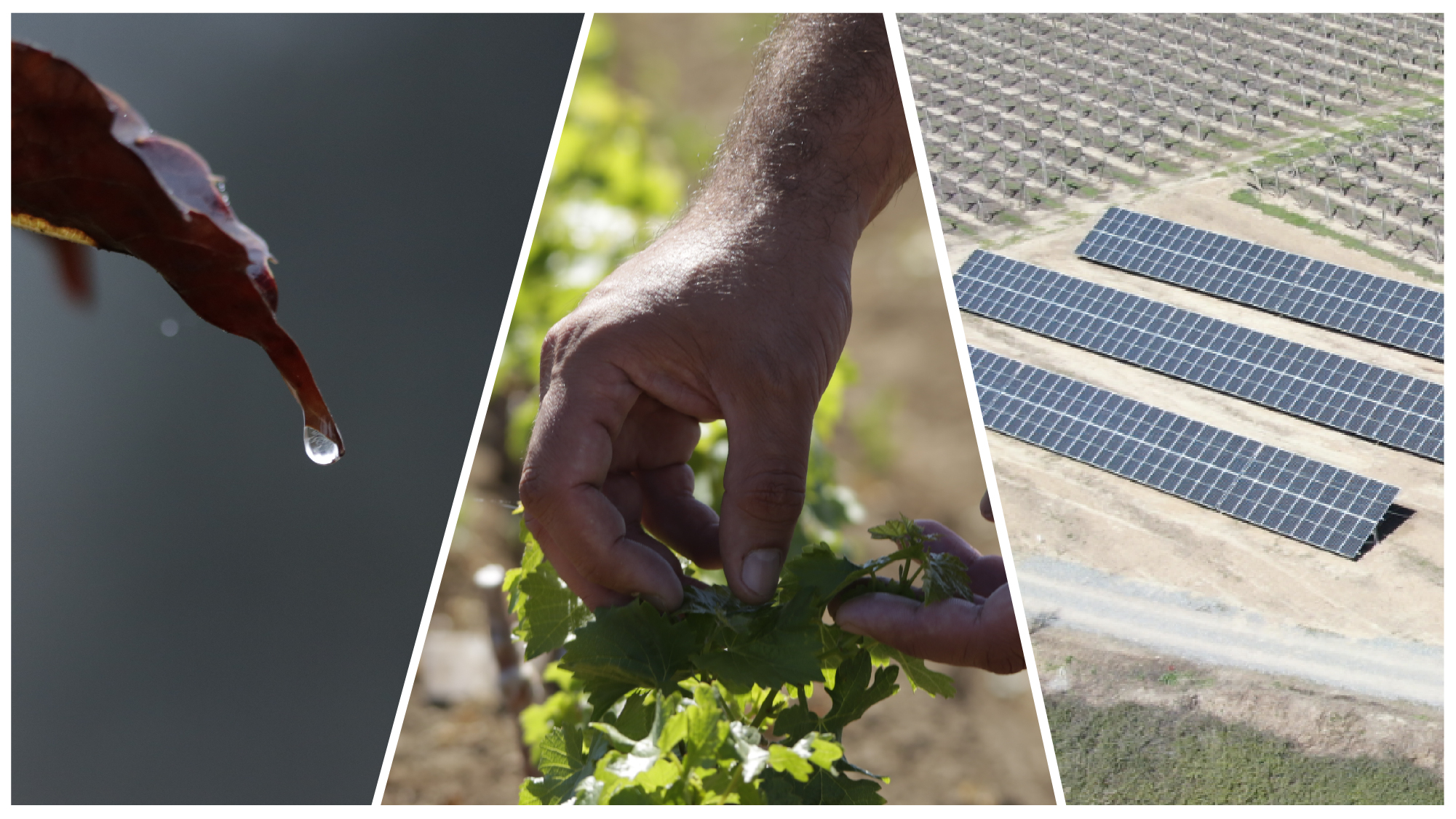- Sustainability
- January 20th, 2022
Viña Concha y Toro aims to half its dependence on fossil fuels and plant 30,000 native trees by 2025
The updated Sustainability Strategy incorporates a regenerative philosophy in its approach, and also aims to reduce water consumption per bottle produced by 10%.
Viña Concha y Toro has released its new global Sustainability Strategy for 2025, which includes long-term goals such as achieving carbon neutrality, as announced in 2019.
“Our sustainability roadmap started more than a decade ago, and all of our subsidiaries have progressed with great enthusiasm. Now, we are updating our Sustainability Strategy with a medium-term perspective, in the same year as that in which we obtained our B Corp certification. In this new phase, we are renewing our commitment to generating positive impacts through each glass of wine that we place in our consumers’ hands”, said Valentina Lira, Viña Concha y Toro’s Sustainability Director.
Specifically, the Sustainability Strategy’s environmental pillar is focused on regeneration, Lira noted.
Viña Concha y Toro’s main corporate sustainability goals include the following:
- To ensure sustainable water management, the company will implement water efficiency initiatives in at least 50% of its processes through the “Zero Waste” project. In this way, it expects to reach its goal of reducing water consumption per bottle produced by 10% compared to 2020.
- With regard to energy, Viña Concha y Toro will aim to reduce its fossil fuel use by 50% from internal sources compared to 2020.
- In circular economy, having already implemented processes to manage 100% of industrial waste generated, the company has set the goal of eliminating food waste.
- To implement regenerative flora, fauna and soil management practices in 100% of its vineyards.
- To support the conservation of Chile’s biological heritage, the company will produce 80,000 native trees in its own nurseries.
- It will also plant 30,000 native trees in its various vineyards between the country’s Coquimbo and Maule regions.
- 100% of the company’s natural forests will be subject to DNA-based biodiversity monitoring (eBioAtlas), enriching the global biodiversity database maintained by the International Union for Conservation of Nature (IUCN).
- With regard to climate change, the company has set the goal of reducing total CO2 emissions by 35% in 2025 compared to the base year of 2017, by 55% in 2030 and achieving zero emissions by 2050.
In addition to the environmental pillar, Viña Concha y Toro’s Sustainability Strategy also incorporates initiatives in areas such as consumer, supplier, client, community, and employee relations, through a medium-term plan that aims to achieve sustainability with each stakeholder.
Some key achievements so far
In recent years, the company has made concrete progress in its sustainability initiatives, which has been recognized through the B Corp certification obtained in April 2021.
The water footprint of our subsidiaries Concha y Toro, Don Melchor, and Viña Maipo in Chile is 48% lower than the global industry average.
Additionally, in Chile, the Concha y Toro subsidiary has reduced its greenhouse gas emissions by 19%, as well as achieving 100% use of electric power from renewable sources. Globally, 85% of the holding’s electric power originates from renewable sources, thanks in part to its 21 solar power plants located in Chile, Argentina, and the United States. Viña Concha y Toro has also made significant progress in circular economy with initiatives in areas including waste from its plants, natural forest conservation, and the development of regenerative practices in its vineyards, among others.
Find out more in the Sustainability Report 2020.



